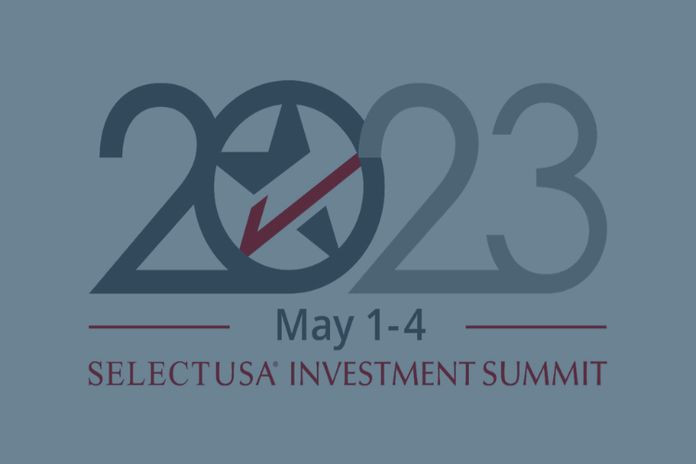By Ambassador Katherine Tai
The Wall Street Journal recently ran a headline that read, “America is Back in the Factory Business.”
That’s true. President Biden’s blue-collar blueprint to rebuild America is working.
The Biden-Harris administration’s agenda is spurring companies from all over the world to invest in our people, our manufacturing base, and our working communities.
These investments are absolutely necessary for the United States to compete and collaborate successfully on the world stage.
We live in a time of significant world economic disruption and volatility, and the traditional approach to trade did not adequately prepare us for the times. We must adapt to the realities of today’s global economy, and trade policy goes hand-in-hand with our investments here at home.
The supply chain challenges we experienced through the pandemic are instructive.
Whether it was the lack of personal protective equipment or ventilators in the spring of 2020 or the semiconductor chip shortage, we clearly saw the limits of global supply chains that with minimal consideration of resiliency.
We saw what happens when we chase the lowest cost, without recognition that concentrations of supply and production create substantial risks and vulnerabilities.
Trade can help build resilience in our supply chains and create incentives to ensure resilience for our economies. To prepare all of us to withstand and cushion future shocks. To ensure that we all have more options.
That is why our Administration is writing a new story on trade, one that tackles today’s challenges and seizes tomorrow’s opportunities – together with allies and partners who share this vision.
For instance, in the Indo-Pacific, we are negotiating a brand-new type of trade initiative to deliver meaningful results for businesses of all sizes.
Unlike traditional trade deals, the Indo-Pacific Economic Framework – or the IPEF – has an entire supply chain pillar that aims to increase resiliency and investment in critical sectors and goods.
And under the trade pillar, we are reducing red tape developing new innovative border processes with our partners in the region.
Other provisions address e-commerce, including reducing formalities around express shipments and facilitating the return of goods across borders. We are tackling barriers that often discourage smaller companies and entrepreneurs from participating in international trade.
We are also working with our IPEF partners to make sure that rules that affect businesses are created and implemented in a transparent manner, with adequate time for all affected stakeholders to review draft regulations and provide comments.
We’re also reviving old friendships to tackle new challenges.
I am proud of a recent agreement we concluded with Japan on critical minerals.
We’ve become too dependent on certain countries or regions for important inputs. That is one reason why president Biden signed the Inflation Reduction Act into law last year – the largest investment in American history to address the climate crisis.
This agreement demonstrates the United States’ commitment to working with our trading partners to promote our collective resilience and security. And that is why we have also started negotiating a similar agreement with the European Union.
This builds on our work to settle longstanding disputes with the EU to deepen transatlantic trade and investment ties, enhance supply chain security, and address economic coercion and non-market policies and practices.
We continue to press ahead with our work through the Trade and Technology Council, after Secretary Blinken, Secretary Raimondo, and I hosted European Commission executive vice presidents Valdis Dombrovskis and Margrethe Vestager for the third ministerial meeting in December.
We are also negotiating a Global Arrangement on Sustainable Steel and Aluminum to create a market that rewards fair trade and promotes clean manufacturing and good jobs.
And just to make sure you know how hard we’re working -Kenya and Taiwan are two vibrant partners in important regions that share our values, and we hope to announce updates on our negotiations soon.
Let me close with this.
President Biden often says, “It’s never a good bet to bet against America.” That’s because America is still the land of opportunity.
We have a generational opportunity to lift up our workers and communities, our infrastructure, and our planet. All of you here today play a critical role to ensure that America lives up to this potential.
I look forward to working with many of you toward that goal. Thank you, and I hope you enjoy the rest of the summit.





